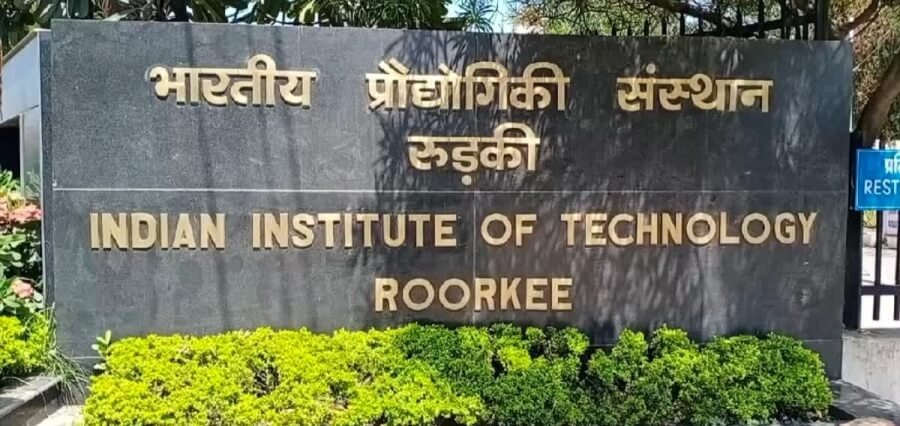A recent investigation conducted in rural India showed that a mixture of services including technology-based healthcare with active community campaigns can lower the risk of depression, anxiety and self-harm behavior. The research was carried out by The George Institute for Global Health based in New Delhi and demonstrated the ability of technology based innovative approaches in combating the mental health problems which continue to escalate in the country, mostly in the unaddressed rural stature.
Additionally, in India mental health remains an issue in the Country with almost 150 million people afflicted needing mental health services. However, a large section of the population still does not have access to appropriate services. This is especially so for the rural populations who are in dire need of psychiatric care services but the professionals are very few. Examples of such programs are the Systematic Medical Appraisal, Referral, and Treatment (SMART) Mental Health Program which was initiated to bridge this gap. The objective was to enhance the skill of community members, in this case, health workers, to be able to offer primary mental care services and further utilize technology to make the services better.
The research involved a mental health screening in three districts in India, West Godavari, Faridabad and Palwal, covering a total of over 170,000 adult population with special focus on depression. Out of these, a total of 9,900 participants were recruited for one year’s intervention trial which included mainly two strategies: one was stigma reduction community campaign and the other was a digital health care service delivery system targeting the high-risk population for identification and treatment of mental disorders.
The outcomes were favorable and the intervention group recovered from depression upto 75% as against 50% of the control group. In addition, there were notable improvements in the knowledge possessed by the participants about mental health issues and reduction of stigma associated with seeking help. This was especially vital in a context where most rural areas regard such matters as undiscussable.
The George Institute India Research Director Pallab Maulik pointed out the effectiveness of the two-faced character of the program and stated: “This research represents an advancement in mental health delivery systems, demonstrating the impact of digitalization in healthcare combined with community outreach.” In turn, Mercian Daniel, Senior Research Fellow at the Institute stressed the importance of training community health workers and primary health care doctors, as well as the reality that these capacities would be enhanced with the use of technology to prevent and manage common mental disorders.
In the rural context of India, this novel intervention model serves as an effective and adaptable response to the existing mental health treatment gap, possibly extending the coverage of the National Mental Health Program. The findings, which were productive and successful, are in line with the recommendations made to the WHO and Lancet Commission by the global mental health advocates noting that there is need for new ways of addressing these issues in low and middle-income countries. Conquer and pace yourself.
Read More: Click Here





